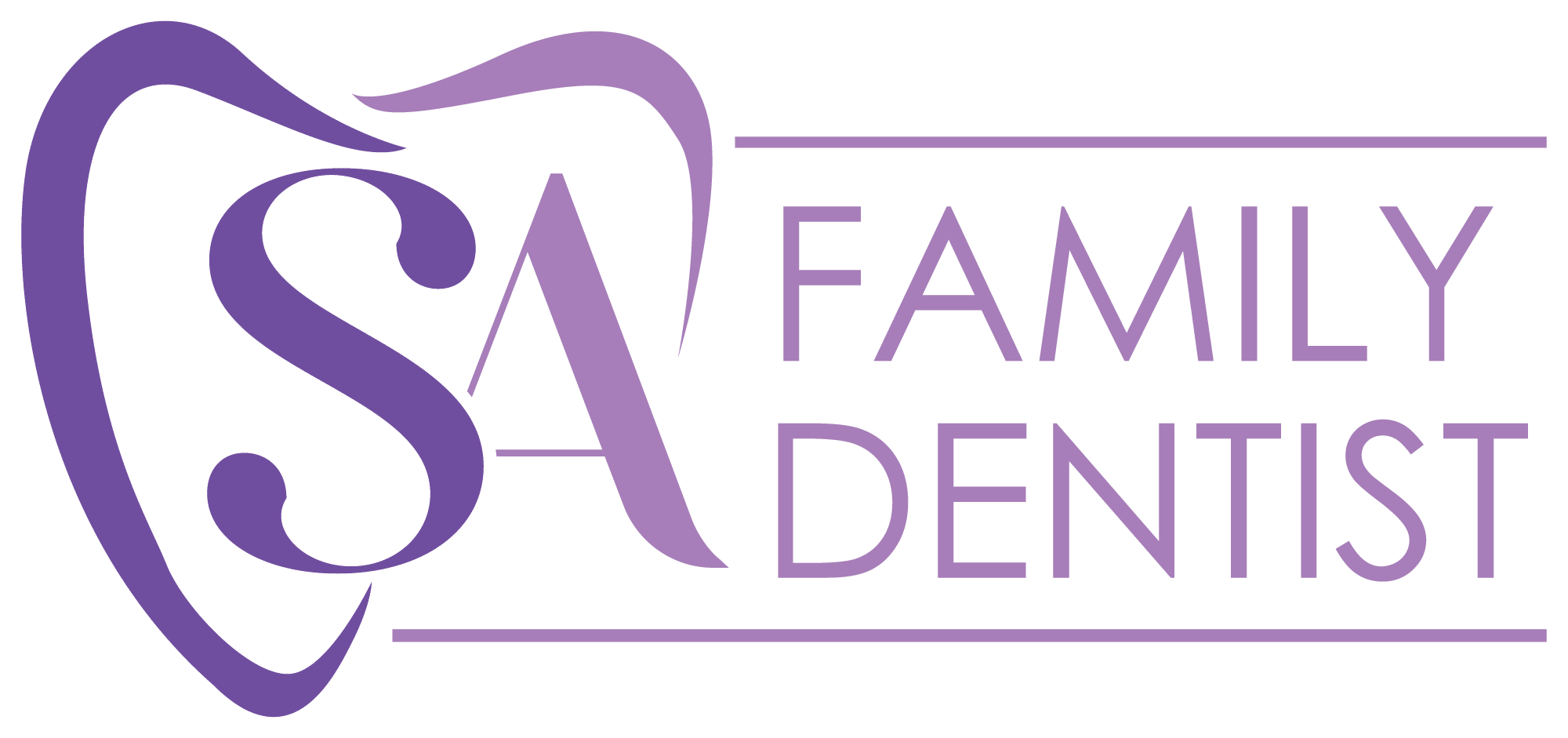Dental emergencies can happen at any time, causing discomfort and uncertainty. Whether it’s a severe toothache or a knocked-out tooth, prompt treatment is crucial to restore your oral health and prevent complications. At SA Family Dentist in San Antonio, TX, our skilled team provides compassionate care tailored to your needs. Contact us today to schedule your emergency appointment and take the first step toward relief.
What Is Considered A Dental Emergency?
Recognizing a dental emergency is essential to getting the care you need. If you’re experiencing sudden discomfort, injury, or damage to your teeth or gums, it may qualify as an emergency. Common dental emergencies include:
- Severe toothache: Persistent discomfort that home remedies cannot relieve.
- Cracked or fractured tooth: Visible damage or sensitivity caused by trauma.
- Knocked-out tooth: Immediate care needed to save the tooth.
- Soft tissue injury: Cuts or wounds to the lips, cheeks, or gums.
If you’re unsure whether your situation is an emergency, call our office for guidance.

Steps To Take In A Dental Emergency
Quick action can make a significant difference in the outcome of a dental emergency. Knowing what to do can help protect your oral health while you seek professional care. Key steps to follow:
- Stay calm: Assess the situation without panic.
- Rinse gently: Clean the affected area with warm water.
- Apply a cold compress: Reduce swelling or discomfort.
- Preserve a knocked-out tooth: Store it in milk or saline.
Contact our team promptly to receive the care you need.

Emergencies We Treat
Dental emergencies come in many forms, each requiring specific care to address the issue and restore your oral health. Below, we outline some of the most common dental emergencies and how timely treatment can make a difference.
Severe Toothache
Persistent or throbbing discomfort is often a sign of an underlying issue, such as an infection or decay. Severe toothaches can disrupt daily life and require professional attention to diagnose and resolve the cause. Signs include:
- Infection symptoms: Fever, swelling, or a bad taste.
- Pain while chewing: May indicate tooth damage.
- Sensitivity: Reaction to hot or cold temperatures.
- Gum swelling: Often around the affected area.
Getting treatment promptly can prevent the issue from worsening.
Cracked Tooth
A cracked tooth can cause discomfort and sensitivity, requiring timely treatment to prevent further damage. Cracks often result from trauma, hard foods, or teeth grinding. Symptoms and risks:
- Sensitivity: Discomfort when exposed to hot or cold.
- Visible lines: Fractures on the tooth surface.
- Sharp edges: May irritate soft tissues.
- Infection risk: Increased chance of decay or infection.
Early intervention is essential to preserve the tooth.

Tooth Fracture
Broken teeth are common in accidents and injuries, often leading to discomfort and impaired function. Prompt care can restore the tooth’s appearance and health. Key points to consider:
- Types: Enamel cracks, deep fractures, or complete breaks.
- Chewing pain: Indicates structural damage.
- Sharp edges: Can injure the tongue or cheeks.
- Treatment options: May include repair or replacement.
Proper treatment helps avoid further damage and restores functionality.

Tooth Avulsion
Saving a knocked-out tooth depends on acting quickly and carefully. Proper steps can improve the chances of reimplantation and preservation. Steps to take:
- Handle by the crown: Avoid touching the root.
- Rinse gently: Use water to clean dirt without scrubbing.
- Store in liquid: Place in milk or saline.
- Seek care immediately: Success rates are highest within one hour.
Quick action ensures the best chance of saving the tooth.
Soft Tissue Trauma
Injuries to the lips, gums, or cheeks can be uncomfortable and prone to infection. Prompt attention ensures proper healing and reduces the risk of complications. Treatment considerations:
- Common injuries: Cuts, punctures, or abrasions.
- Control bleeding: Apply light pressure with gauze.
- Cold compress: Reduces swelling and discomfort.
- Professional care: Necessary for severe wounds.
Timely care minimizes the risk of infection and promotes healing.
The Impact Of Neglecting Dental Emergencies
Ignoring a dental emergency can lead to severe consequences for your oral health and overall well-being. Acting quickly can prevent long-term issues and more extensive treatment needs. Consequences include:
- Prolonged discomfort: Symptoms may worsen over time.
- Further damage: Surrounding teeth and tissues may be affected.
- Infection risk: May lead to serious health complications.
- Tooth loss: Permanent damage requiring extensive care.
Timely treatment ensures the best outcomes for your dental health.

Preventing Dental Emergencies
Although emergencies can’t always be avoided, simple precautions can minimize your risk. Good habits and preventive care protect your smile from unexpected issues. Protect your smile with these steps:
- Wear a mouthguard: Especially during sports or physical activities.
- Avoid hard foods: Like ice, popcorn kernels, and candies.
- Regular check-ups: Routine dental visits catch potential issues early.
- Practice oral hygiene: Brushing and flossing daily prevent decay.
These measures can significantly reduce the likelihood of emergencies.
Compassionate Care When It Matters Most
At SA Family Dentist in San Antonio, TX, we understand the urgency and stress of dental emergencies. Our experienced team is here to provide quick, effective care that prioritizes your comfort and oral health. Whether it’s a toothache or a dental injury, we’re ready to help you regain your smile and confidence. Contact us today to schedule your emergency dental appointment and receive the expert care you deserve.
